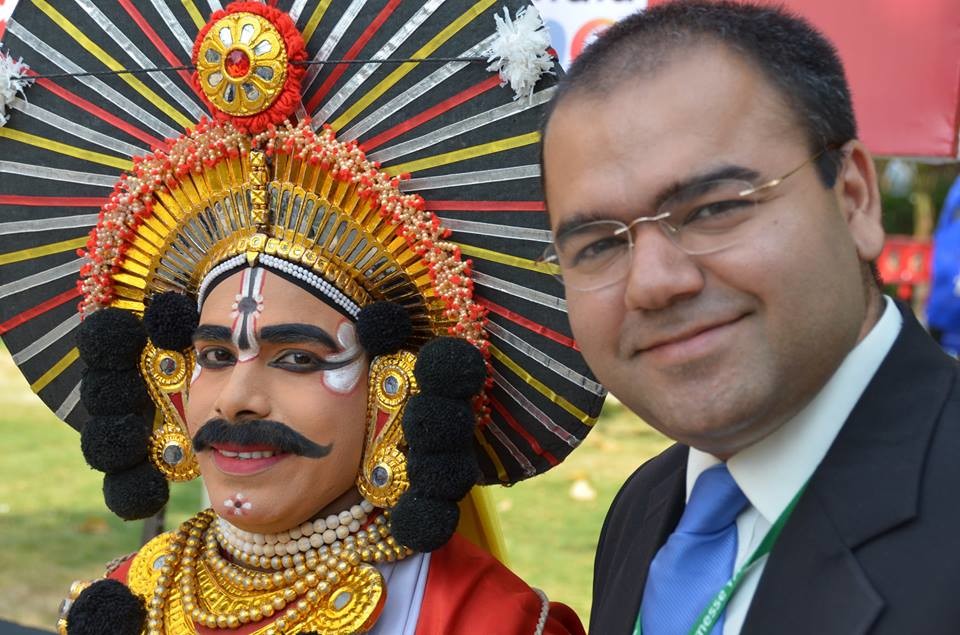Valuators are now on professional demand and companies globally are seeking people who have chosen valuation as their career. A valuator is a person who according to his or her professional insight estimates the value of objects, property and so on and so forth. Valuation has multiple aspects—valuations of business enterprises, financial assets, intangible assets, real estate, and machinery & equipment. The purpose of valuation has seen an evolution over the last few years. Today, valuations take place for investment decisions, litigation, tax and strategic planning initiatives, mergers and acquisitions, restructuring, employee stock ownership plans and incentive stock options.
There are various institutions all around the nation which register new valuators, educate, develop and regulate registered valuers and ensure continuous professional development of the registered valuers. These institutions offer various valuation courses for people interested in defining their careers as valuators.
Institutions providing courses to seek valuation as a career include different topics on their curriculum depending upon what one decides to choose as their focus of field. The courses are mainly divided into three curriculums:
1. Land and building
2. Plants and machinery
3. Securities and financial assets
Regardless of the particular curriculum that you choose, the basic concepts of micro and macroeconomics, general ethics, process of valuations and other such bases necessary as a valuator, are always prescribed in the syllabus. There are tweaks here and there in the curriculum depending upon the area of specialisation. Valuators need to possess knowledge about laws of the nation. Particular laws relating to land and building ownership or plants and machinery or financial assets are taught about in courses depending upon their curriculums.
To envision yourself as a valuator, you need to possess certain skills. The most basic skill required to be able to value accurately is that one needs to have a detailed market knowledge including the understanding of the economics of supply and demand within the market. Consequently, there are further technical and practical experiences required too which can be learned initially through courses and communication with peers and mentors. A valuator also must have a strong accounting and finance background to succeed in their chosen career path.
Other than such skills, there are certain soft skills that are important for success in valuation. Valuators need to possess good inter-personal skills to understand clients’ needs and meet their expectations and develop their own valuation business. Valuators must have strong communication skills to explain the technical evaluation process in a simple and clear way to clients as well as other users of their valuations of assets such as attorneys, judges, etc. A valuator also needs to have remarkable marketing and networking skills to maintain relationships with other organizations which go on to act as sources who help in making sales with comparatively lesser effort.
The valuation market is a competitive one and in such a market, a fresh new valuator will have to work his way up by gaining experience and a client base over the years. When years go by and one keeps adding to their client base, a valuator could also start their own valuation company. The future of valuation looks bright and steady considered one demonstrates their skills and uses the knowledge gained.

